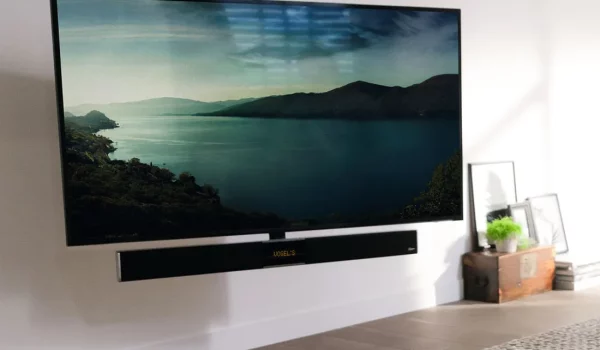European Batteries Regulation 2023
According to the European Commission press release, the new EPR regulatory framework will enter into force in mid-2025. The main objective of the new European Battery Regulation, in the broader context of the European Green Deal and the EU Circular Economy Plan, is to:
- To achieve European harmonized product standards for all types of batteries,
- to establish a well-functioning internal European market for secondary raw materials for batteries
- to significantly reduce negative environmental impacts in the production, use and end-of-life phases of all batteries.
Discarded or waste batteries may therefore no longer be dumped or incinerated and must be processed with limited emissions. Batteries are used in a global market, they are produced everywhere and their raw materials come from all regions of the world. The EU is therefore also working on drawing up a European Critical Raw Materials Act.
The new Battery Regulation will affect product regulations, transport regulations, environmental law, regulations on waste, recycling and reuse or refurbishment.
In terms of content, the Battery Regulation relates to, among other things:
- definitions of categories of batteries
- the ‘reuse’ of batteries in all its facets,
- collection and recycling,
- the rules for a well-functioning extended producer responsibility (UPV) also for management bodies for waste batteries,
- reducing the carbon footprint of batteries,
- minimum performance and durability requirements (including lifespan),
- using a percentage of recycled material, the removability and replaceability of batteries from devices/devices,
- safety requirements,
- providing information to the battery user about environmental and safety aspects,
- socially responsible and sustainable purchasing of batteries by government agencies,
- due care in the battery value chain, especially in the extraction of raw materials.
- a CE marking
Other relevant publications
Re-use of soundbars
How feasible is it to give soundbars a second life? Commissioned by Stichting OPEN, Second Use investigated the re-use potential of four soundbar models, revealing insights into repairability, consumer interest, and key barriers.
Re-use of cordless vacuum cleaners
The re-use of cordless vacuum cleaners presents interesting opportunities, but battery replacement costs pose a significant challenge. This study, conducted by Second Use on behalf of Stichting OPEN, examines the feasibility of refurbishment and identifies key improvements to extend the lifespan of these appliances.
 Lees hier het persbericht
Lees hier het persbericht






